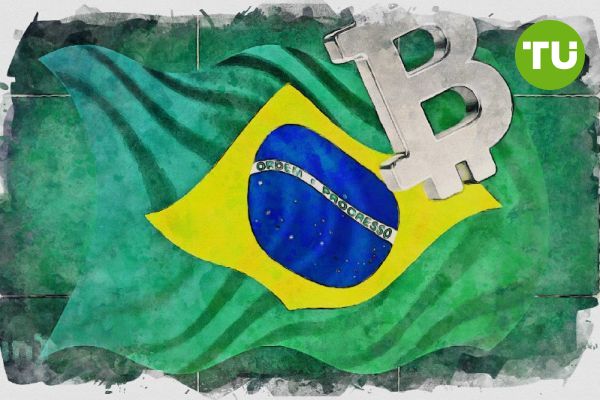Brazil ranks among top 7 countries in global crypto adoption, says Datafolha
 Brazil ranks among top 7 countries in global crypto adoption
Brazil ranks among top 7 countries in global crypto adoption
Brazil has solidified its position as one of the leading nations in cryptocurrency adoption, according to a new survey released by Datafolha in partnership with Paradigma Education.
The “First National Cryptocurrency Survey” reports that 25 million Brazilians—roughly 16% of the population over 16—have invested or are currently investing in digital assets, according to Livecoins.
This places Brazil among the top seven countries globally in absolute number of cryptocurrency users, trailing only the United States, China, Indonesia, Turkey, and Nigeria.
The study, supported by Coinbase and Hashdex, surveyed 2,007 people across 113 municipalities, with a margin of error of two percentage points.
Young, urban, and centrist: The face of Brazil’s crypto investor
According to the report, cryptocurrency adoption in Brazil is highest among younger citizens, with 28.9% of people aged 16 to 34 actively investing. Regional differences also emerged: the North and Central-West regions showed the highest adoption rates, at 19.6% and 17.1%, respectively.
Storage preferences highlight a cautious approach. While self-custody remains rare—only 2.2% of investors hold their crypto independently—most prefer banks, brokerages, or funds. ETFs and managed products are also popular, particularly among less tech-savvy users.
Men still dominate the market, representing 67.3% of investors. Politically, crypto investors in Brazil tend to align toward the center and show higher levels of engagement compared to the general population.
Despite the strong adoption, the study highlights persistent gaps in financial literacy. Only 4.5% of respondents correctly identified that the value of the Brazilian Real stems from public trust rather than backed by gold or foreign currency.
The findings reflect both a growing interest in digital assets and an urgent need for broader financial education across the country.
Meanwhile, Brazil has solidified its status as a global leader in crypto, with 26 million citizens—16% of the population—owning digital assets. This ranks the country sixth worldwide in crypto adoption, highlighting its growing impact in the sector.













































































































































